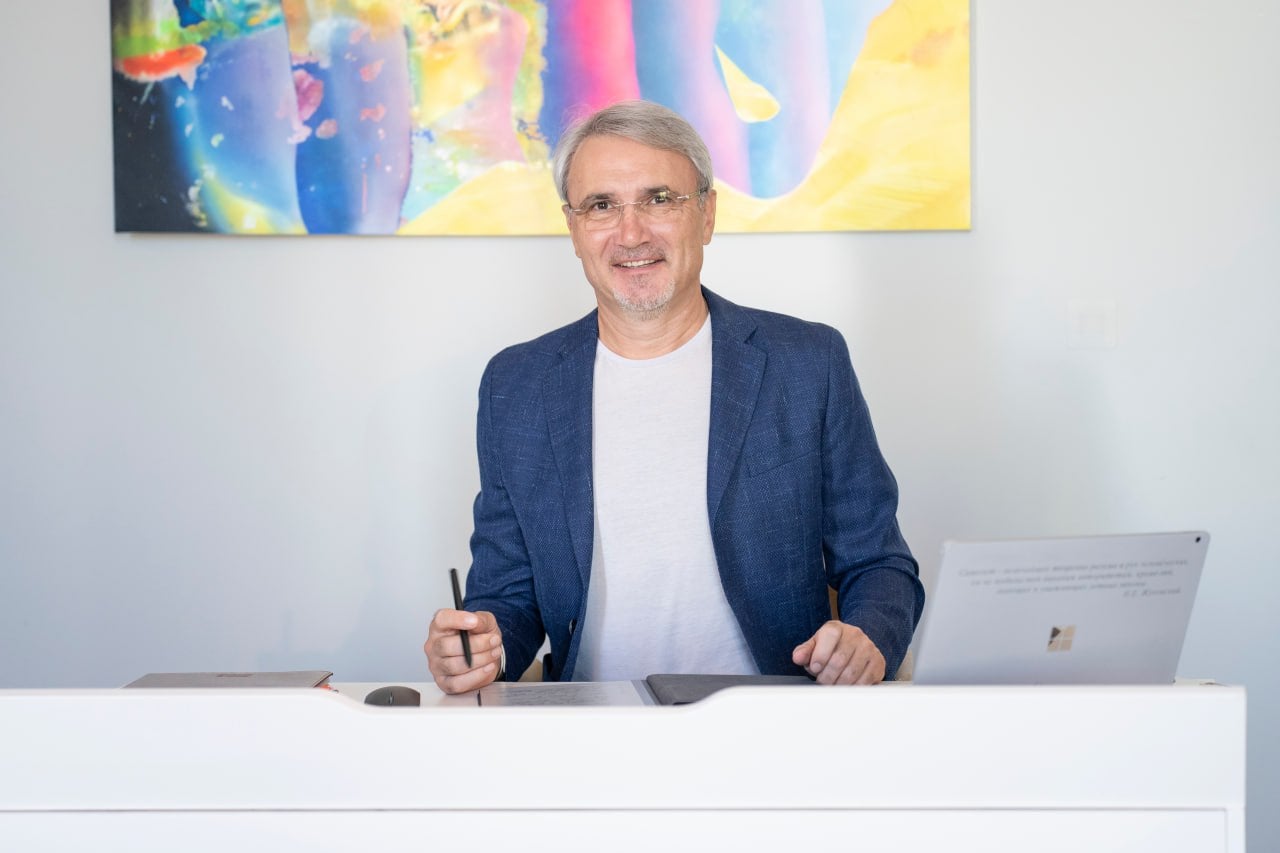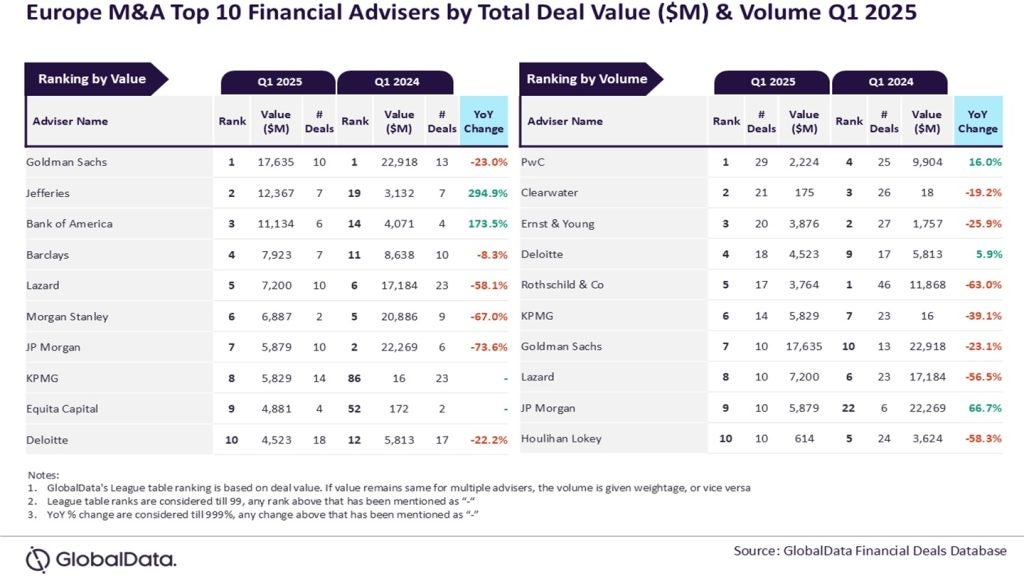Why is CEE such a desirable location for investments in AI? Why are international investors turning their focus here more and more? Let’s dissect it.
Quick development and sturdiness of the CEE AI environment
AI investment in the CEE region has increased rapidly because of a robust ecosystem that endures in the face of challenging global economic conditions. Over €850m was raised by AI startups in 2023, while an additional €593m was raised in the first eight months of 2024. Poland, Greece, and Croatia are at the forefront thanks to big rounds from well-known companies like Croatia’s Verne and Poland’s ElevenLabs (€74m Series B round).
Due to strong international interest, Poland led the region in fundraising, with firms raising €171m in 2024 alone. The area’s entrepreneurial spirit, technical and technological prowess, and quickly evolving digital infrastructure particularly appeal to investors.
CEE has shown its capacity to draw in capital despite global economic downturns and tighter investment conditions, exhibiting resilience that is frequently absent in other areas. The area’s resilience in the face of economic upheaval emphasizes its developing reputation as a centre for AI innovation.
The Principal Industries Influencing AI Investment
Investors are focusing on particular high-impact industries where CEE businesses are succeeding rather than simply placing bets on AI in general.
- Biotech and healthcare are major drivers, with businesses like Causaly in Greece getting a sizeable round of capital (€55m) to use AI-powered analytics to revolutionise the life sciences. In general, financing for healthcare AI was comparable to that for media-focused AI, but it was split across about 40 early-stage businesses.
- Fintech and Digital Banking: equally important; Romanian leader FintechOS raised €55m, demonstrating the region’s strength in financial services and digital banking.
- Industrial Automation & Manufacturing: Robotics startups, such as the Croatian company Gideon, which is currently supported by Toyota, are promoting automation and efficiency in a variety of industries.
- Cybersecurity: AI-powered security solutions are drawing significant investments as cyber threats get more complex; the Hungarian startup SEON was able to secure €87m.
The growth of vertical AI solutions that are suited to the demands of particular industries is another significant factor driving investment. Instead of creating generic AI platforms, CEE startups are succeeding in specialised applications like AI-driven video production, where businesses like Creatopy (which raised more than €120m in 2024), ElevenLabs, and Colossyan are revolutionising content creation. By providing highly specialised solutions, CEE companies can compete globally thanks to their strategic focus on vertical AI.
The EU AI Act and a favourable policy environment
Smart regulation is just as important to CEE’s investment-friendly climate as talent and technology. Clear legislative frameworks that lower investment risks and guarantee ethical AI development are provided by the EU AI Act, which went into effect in the middle of 2024.
This clarity in the regulations is revolutionary. When thinking about investing in AI, investors are giving compliance more weight, and CEE startups gain from adhering to European governance norms. CEE’s proactive approach positions it as an area where innovation and responsibility coexist as AI legislation changes.
The competitive advantage of CEE over Western Europe
Long renowned for its highly skilled technical workforce, CEE is currently attracting investors looking for high-value possibilities as an alternative to Western Europe. What distinguishes it?
- Cost Efficiency: Because of lower operating costs and a highly qualified workforce, CEE companies are able to reach comparable revenue milestones with 40% less capital than their Western European rivals.
- Appealing Estimates: Investors have more advantageous entry opportunities because Series A valuations in CEE are still 30–40% lower than in Western Europe.
- Government Support: To ensure a consistent supply of future AI leaders, nations like Poland and Hungary are making significant investments in digital skills and AI education.
CEE is one of the most alluring AI investment destinations in the world because it strikes a balance between affordability and top-notch innovation, making it more than just a less expensive option for investors.
What comes next? The prospects for AI in 2026–2030
It is doubtful that the momentum behind CEE AI investments will slow down in the near future. The following significant trends suggest that the area is well-positioned for sustained success:
- Growth in Late-Stage Investments: Although CEE was formerly recognised for drawing in early-stage money, there is currently a noticeable trend toward bigger capital infusions, as institutional investors are increasingly supporting growth-stage businesses.
- There will soon be more AI unicorns: More billion-dollar AI firms should arise from the region as AI adoption picks up speed, especially in the financial, health tech, and cybersecurity sectors.
- Strategic Acquisitions & Global Expansion: The region is poised to become even more visible on the global AI scene as a result of the aggressive acquisition of promising CEE startups by foreign investors and corporations.
Conclusion
The Reasons CEE Is an Important AI Market to Monitor
The fact that CEE has emerged as a hub for AI investments is no coincidence. Numerous features, such as excellent tech talent, cost-effective operations, strong government support, and favorable legislation, make it one of the most alluring regions for AI innovation and finance.
However, if the region is to realize its full potential, problems including a shortage of qualified personnel and limited departure choices must be fixed. In the upcoming 10 years, CEE has the chance to not only compete with but possibly even surpass more established AI hubs with careful planning and sustained investment.
The moment has come for investors to look more closely at Central and Eastern Europe in search of high-growth AI prospects. This could be the beginning of the AI future.

Oleg Khusaenov is CEO at Zubr Capital
Zubr Capital, is private equity firm that specialises in investing in rapidly expanding TMT companies. The article draws on the firm’s The State of AI in the CEE 2024 report








